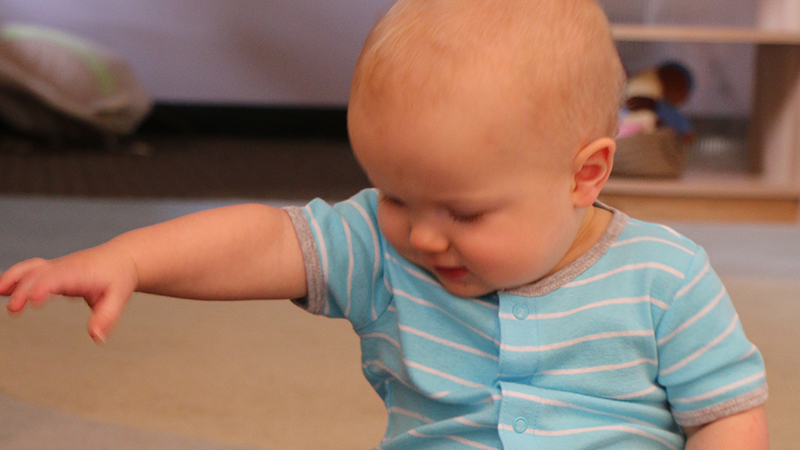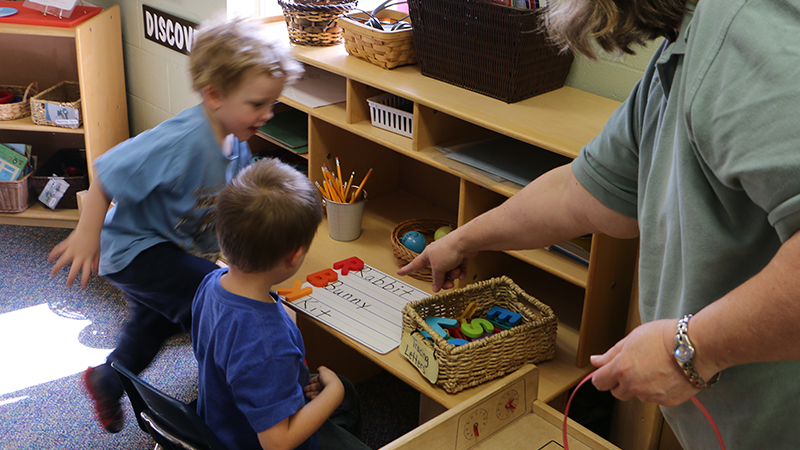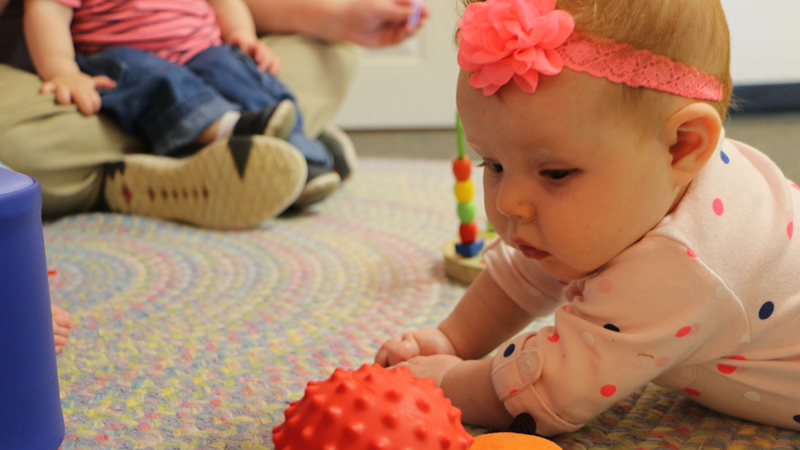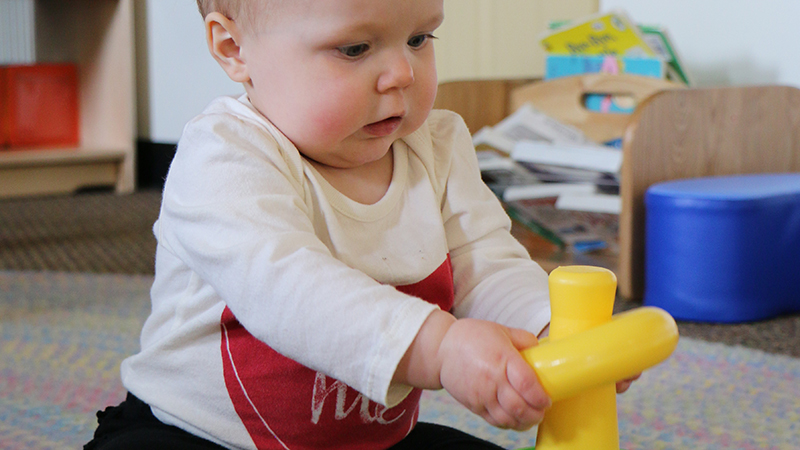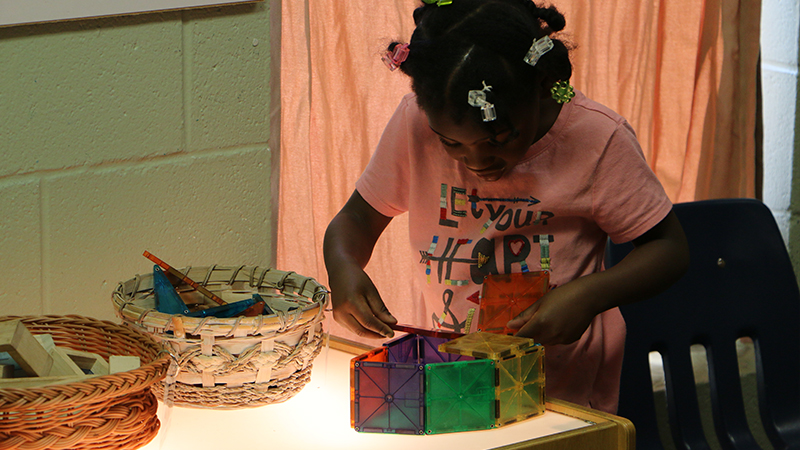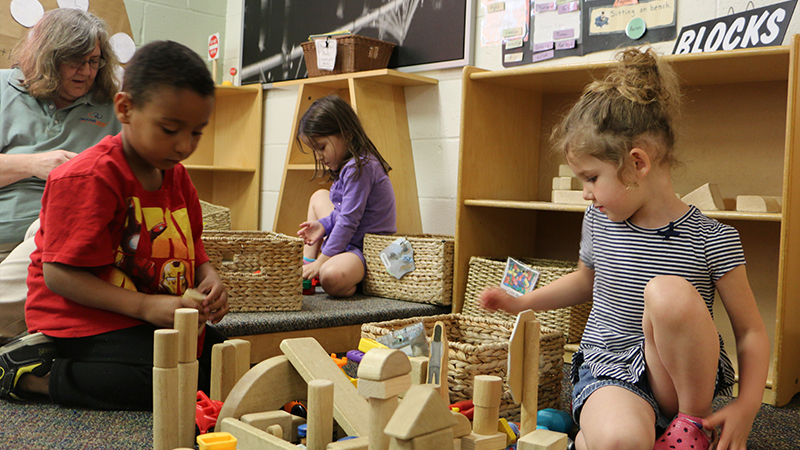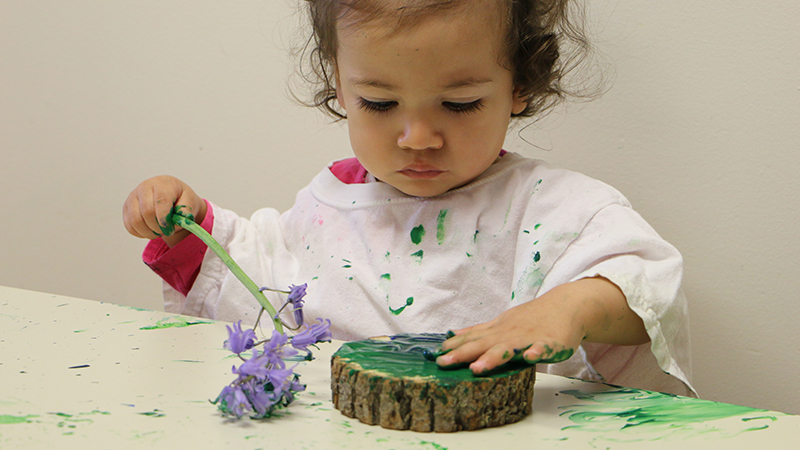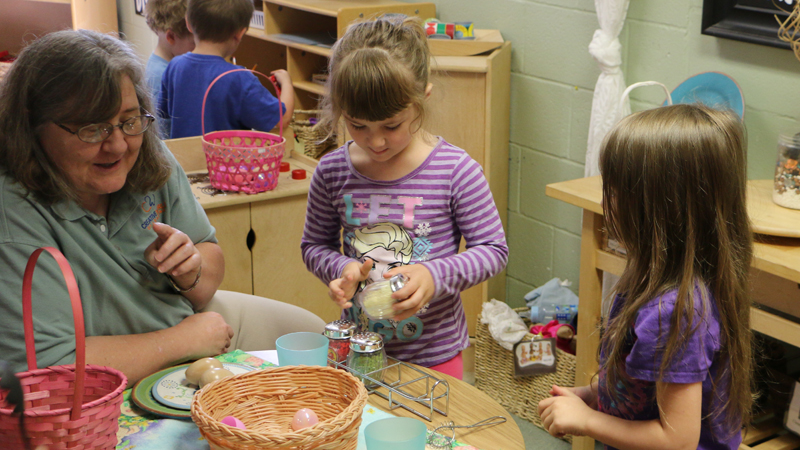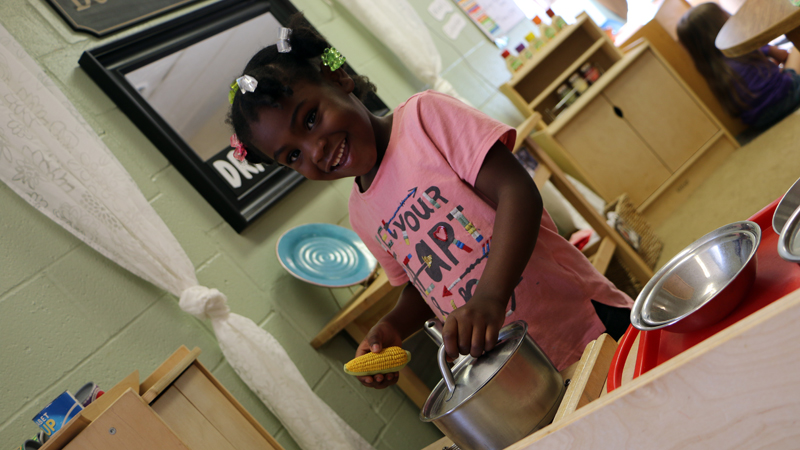Music plays a powerful role in early childhood development, offering much more than just entertainment. Through rhythm, melody, and movement, children engage in activities that stimulate their minds, bodies, and emotions. Whether it’s singing along to songs, playing instruments, or dancing to a beat, music helps children develop critical cognitive, emotional, and social skills. In this blog, we’ll explore how music education enhances early childhood development and why it’s a key part of a well-rounded preschool experience.
1. Cognitive Development: Boosting Memory and Problem-Solving Skills
One of the most significant benefits of music education is its positive impact on cognitive development. Learning songs, rhythms, and melodies helps children improve their memory, concentration, and problem-solving abilities. Repeating lyrics and rhythms encourages young children to use their memory skills while also introducing them to basic patterns and sequences.
How Music Supports Cognitive Growth:
- Improved memory: Memorizing songs and musical patterns helps children strengthen their short-term and long-term memory.
- Pattern recognition: Through music, children learn to recognize patterns in rhythm and melody, which is foundational for early math and language skills.
- Focus and concentration: Learning to listen to different musical elements and follow along with songs encourages children to concentrate and stay focused for longer periods.
2. Language Development: Enhancing Communication and Vocabulary
Music and language are closely connected, and exposing young children to music can significantly enhance their language development. Singing songs introduces new vocabulary, teaches children the structure of language, and helps them develop their pronunciation. Additionally, music often encourages participation, with children singing along and practicing verbal communication.
Language Skills Music Helps Develop:
- Vocabulary growth: Songs introduce new words and concepts, helping children expand their vocabulary.
- Rhythm and speech patterns: The rhythmic patterns in music mirror the flow of natural speech, helping children understand the cadence and structure of language.
- Pronunciation and articulation: Singing along to songs helps children practice pronunciation and articulation, improving their overall communication skills.
3. Emotional Development: Expressing and Understanding Feelings
Music provides an outlet for emotional expression, allowing children to explore and communicate their feelings in a safe and creative way. Through music, children can express emotions they might not yet have the words to describe. Whether they’re singing a happy song or moving to a slow, calming tune, music helps children understand and regulate their emotions.
How Music Encourages Emotional Growth:
- Emotional expression: Music allows children to express a wide range of emotions, from joy to sadness, helping them become more in tune with their own feelings.
- Emotional regulation: Engaging with different types of music can help children learn to regulate their emotions. For example, calming music can help soothe a frustrated child, while upbeat tunes can lift their spirits.
- Building empathy: Listening to and performing music with others helps children develop empathy by connecting with the emotions conveyed in the music and understanding how it affects others.
4. Social Skills: Encouraging Teamwork and Cooperation
Music education is often a group activity, whether through singing in a group, playing instruments together, or dancing in pairs. These experiences teach children important social skills, such as cooperation, turn-taking, and listening to others. Music encourages teamwork, as children learn to perform together, stay in rhythm, and create a harmonious sound.
Social Skills Fostered by Music Education:
- Collaboration: Group musical activities, such as singing in a choir or playing instruments in a band, teach children to work together and support each other to achieve a common goal.
- Listening skills: In music, children learn the importance of listening to one another—whether to stay in rhythm or harmonize with others—which translates into better listening skills in non-musical situations.
- Turn-taking: Playing instruments and singing in a group often requires children to wait their turn, fostering patience and understanding.
5. Physical Development: Improving Motor Skills and Coordination
Music education often involves physical movement, whether through dancing, playing instruments, or using hand motions to go along with songs. These activities help children develop their gross and fine motor skills, coordination, and body awareness. From shaking tambourines to clapping along to the beat, music engages the entire body in rhythmic movement.
Physical Benefits of Music:
- Fine motor skills: Playing small instruments like maracas, tambourines, or xylophones helps children develop fine motor skills as they use their hands and fingers to create sound.
- Gross motor skills: Dancing and moving to music promote the development of gross motor skills by encouraging children to coordinate their body movements.
- Hand-eye coordination: Learning to play instruments requires children to focus on their hand movements and how they interact with the instrument, helping them improve hand-eye coordination.
6. Creativity and Imagination: Encouraging Self-Expression
Music is a powerful tool for encouraging creativity and imagination in young children. By allowing them to create their own rhythms, melodies, and dances, music education fosters self-expression and imaginative play. Whether they’re making up a new song or interpreting the lyrics of an existing one, children use music as a means to explore their creative potential.
How Music Sparks Creativity:
- Imaginative play: Music often inspires children to engage in imaginative play, such as pretending to be musicians, dancers, or performers.
- Creative expression: Children can express their unique personalities and ideas through music by composing their own songs, experimenting with sounds, or dancing freely.
- Encouraging exploration: Music invites children to explore different instruments, sounds, and styles, fostering curiosity and an eagerness to learn.
Conclusion
Music education is an essential part of early childhood development, offering benefits that extend far beyond the classroom. From improving cognitive and language skills to enhancing emotional, social, and physical development, music helps children build a solid foundation for lifelong learning and growth. By incorporating music into their daily lives, children can enjoy a fun, engaging way to develop important skills while expressing themselves creatively.
At Creative World of Learning, we believe in the power of music to enhance early childhood development. Our preschool programs include music education that helps children explore their creativity, build social skills, and develop a love for learning. Contact us today to learn more about how our music-rich curriculum can benefit your child!
Schedule a tour at our various locations:















